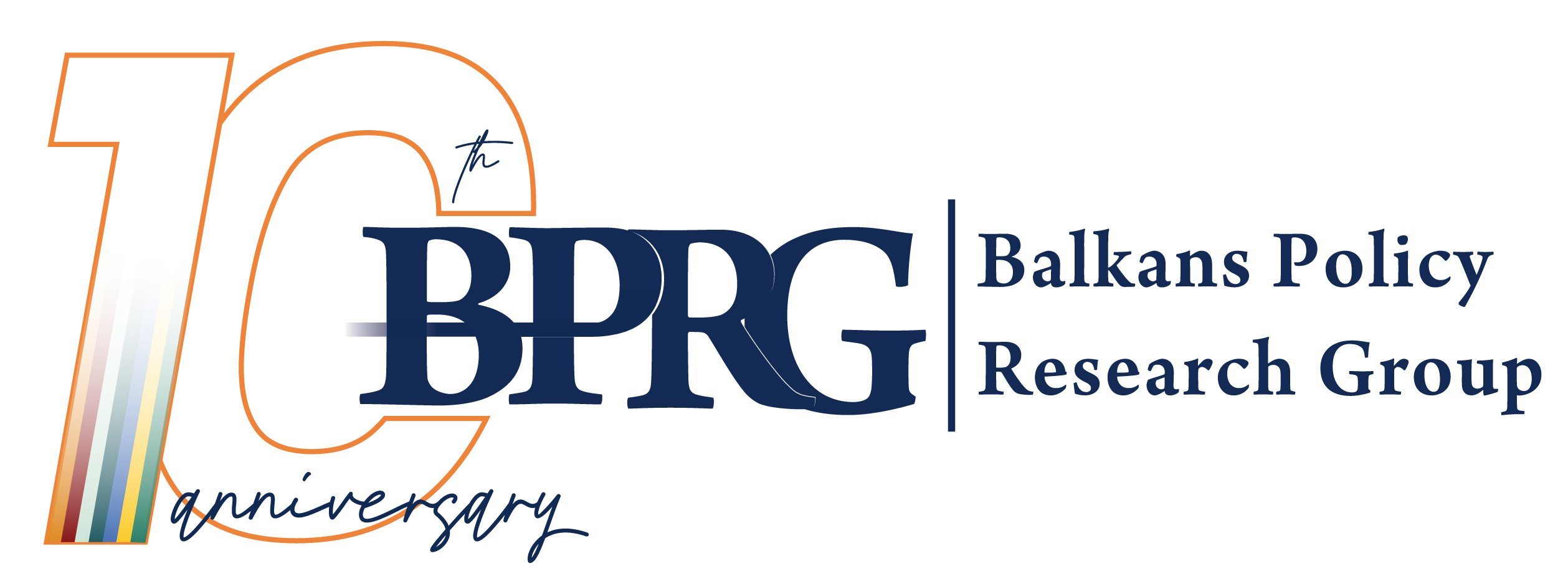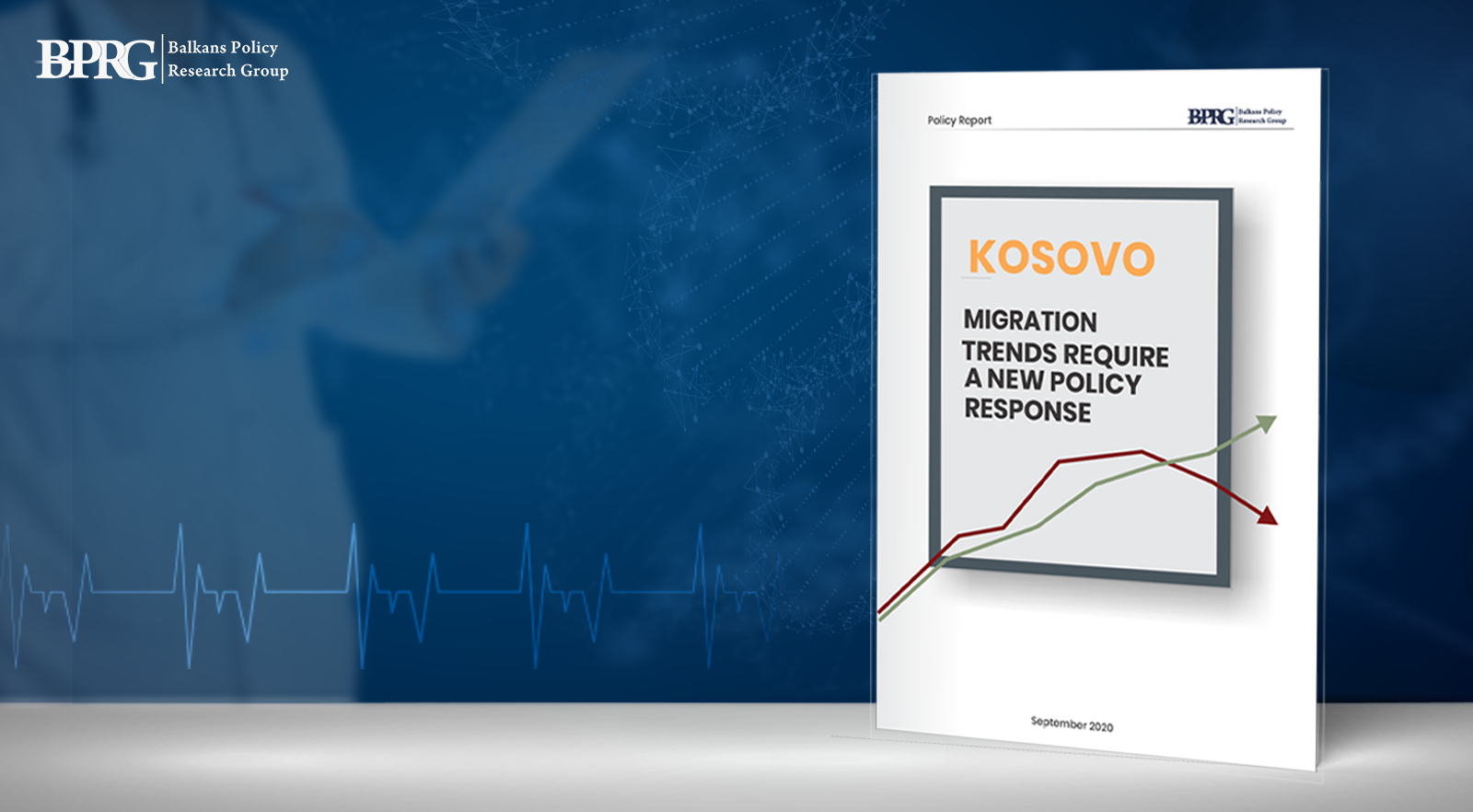The new Balkans Group policy report “Kosovo: Migration Trends Require A New Policy Response” provides an in-depth analysis of Kosovo’s migratory trends, which have shifted from irregular to regular migration, its institutional structure for migration governance, and the potential for migration-related development. The report also provides a set of institutional and policy recommendations that Kosovo institutions are encouraged to undertake to enhance migration management and governance and to better respond to recent migratory movements.
Migration remains an important yet challenging element for Kosovo’s institutions and its society in general. Its historical roots and causes have had significant effects on Kosovo’s political and social development, including its state-building process. Migration was influenced by numerous push and pull factors in different phases, but these are changing rapidly. New migration trends suggest an increase in regular forms of emigration, predominantly for employment purposes, family reunification, and education. Among push factors are the high unemployment rate, low private-sector wages, and inadequate public services, including poor healthcare and education. On the other hand, pull factors are also changeable, driven by the EU Member States; many seek and attract labour from the Western Balkan.
The increase in Kosovars’ regular emigration for employment purposes remains unaddressed by the public institutions, who fail to tackle these trends or adopt measures to manage the effects in the country. Migration and mobility can play an essential role in developing local communities. To utilize these benefits, institutions should collect evidence and data on recent migratory trends and interlink them with sector policies.
Read the full policy report here
“This publication has been produced with the support of the Royal Norwegian Embassy. The contents of this publication are the sole responsibility of the Balkans Group and cannot be taken to reflect the views of the Government of Norway”.



